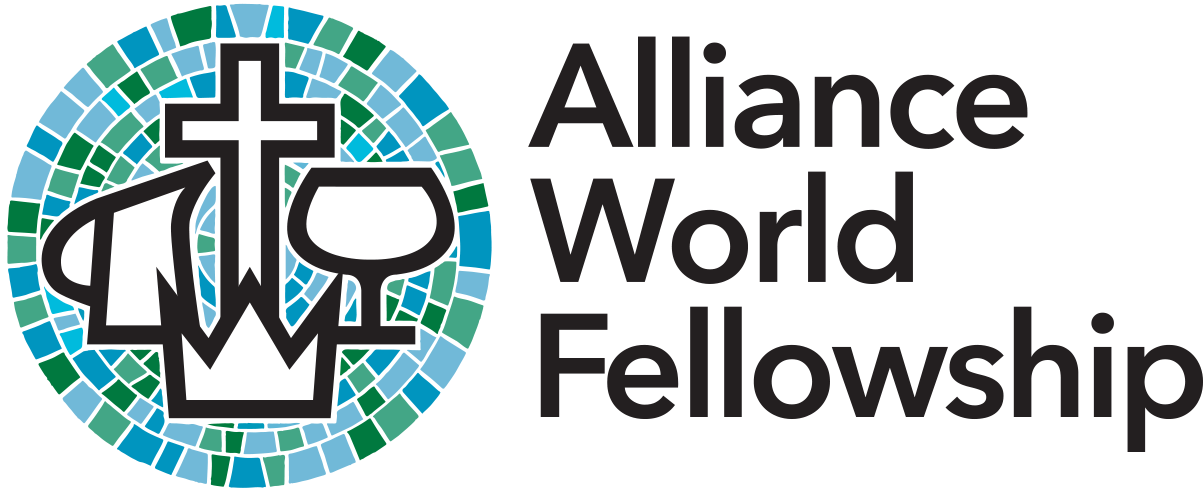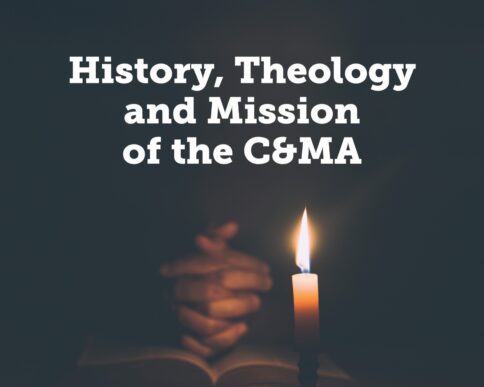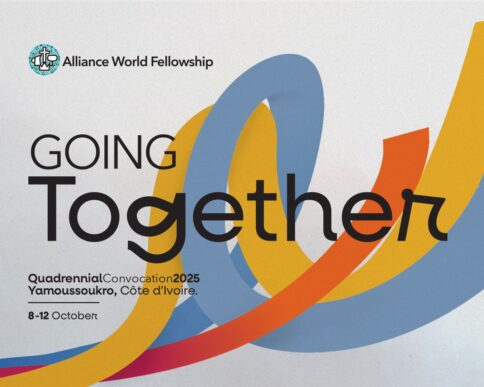New Farming Practices Prove a Blessing to People in Congo DRC
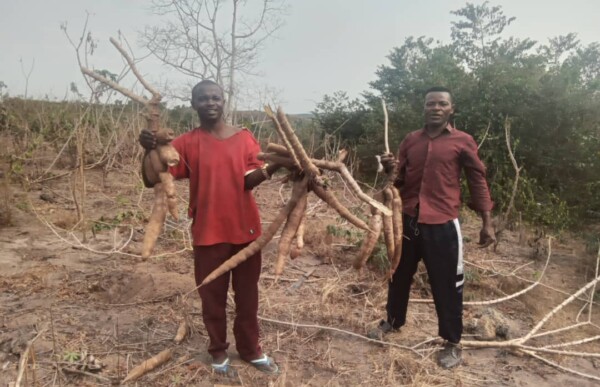
Related News
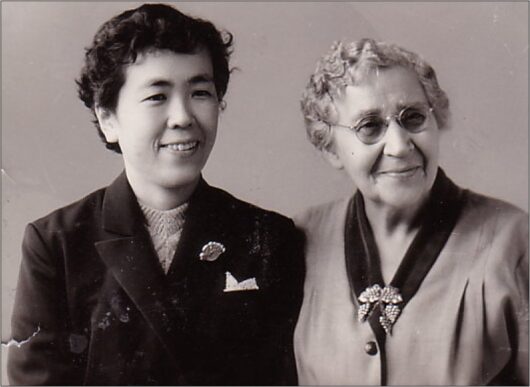
Mutsuko Ninomiya: Pioneer Missionary from Japan to Brazil
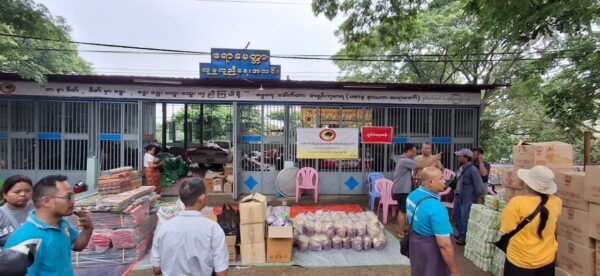
Alliance Churches in Thailand and Myanmar Respond to Dual Crises
Food security and nutrition have improved the lives and economy for our brothers and sisters in communities and villages of Congo DRC through Phase II of the AWF Global Response to COVID-19.
People like Emilie Malonda, a 41-year-old mother of three, were part of the project that supports the development of organic market gardening. They received advice from the project’s facilitators on how to improve their gardening production. That in turn changed the women’s health and nutrition.
Clearing the land is difficult and expensive for them, according to Maman Christelle, the secretary of the church of Matamba-Makanzi. Christelle said she was delighted by the quality of seed she received. It was sometimes difficult for mothers like her to get these types of seed, but through the support of this project it was now possible for them.
Maman Annie Nsimba, a 44-year-old woman who was one of the beneficiaries of the program in the village of Matamba-Makhanzi, shared the impact in her life: “Thanks to this,” she said, “I was able to pay my children’s school fees on time and have resources to fill the small living expenses like children’s breakfasts, minor health care, and other expenses. Before I was unable to pay any of these,” Nsimba said, “but this project has brought me remarkable changes, and now I’m able to manage livelihood expenses.”
Rev. Enock Kambulu Vangu, the pastor of the Matamba-Makanzi district, was also thankful for the opportunity afforded these women during the COVID-19 pandemic. It allowed them to prepare the land and seed and to develop new techniques for farming.
Another successful case was that of Papa Masiala and Papa Gabriel, both beneficiaries of the Fishing Farming Project. They weren’t aware that they could make a living and improve their nutrition from fish farming. They used to buy and eat expensive fish with formalin. Now they are fishing for themselves, eating healthily, and making an income by selling the fish.
The AWF Global Response to COVID-19 was initiated to provide member churches with much-needed food. Farming insecurity and lack of food were significantly affecting people’s health. The development project has provided local leaders with an opportunity to implement Income Generating Activities (IGA) such as market gardening, raising sweet peppers, eggplant, cassava and cowpeas. The project also teaches principles of improving the soil with organic fertilizer, guano and cow dung, as well as providing technical monitoring, fishing, and the creation of small farming businesses.
The increase in Income Generating Activities has enabled people to improve their standard of living. The national president of the Alliance church of Congo and the project facilitator selected the collaborative beneficiaries who would receive development assistance. It was challenging at the beginning, trying to help farmers change from production based on mineral fertilizers to healthy or organic production which improves human health and respects environmental principles. In places like Boko 2, for example, it was the first time that the beneficiaries were able to take part in such activities – to receive training in agriculture and aquaculture and to find employment.
The new agricultural activity is permanent in the area, and Rev. Timothée Taty, the facilitator, has visited the participants and provided advice, support and a response to concerns where needed.
Having received support from the development project, Christelle, Annie, Emilie, Rev. Enock Kambulu Vangu, Papa Masiala, Papa Gabriel, and many more from the villages are now able to provide income for their families.
Let’s join the village chief, Nzinga Lelo, in prayer. He says the people there had never seen something that could help them with plowing, seed, and farming techniques for free. He says, “This will do more to support their lives and contribute to the development of the village.”
